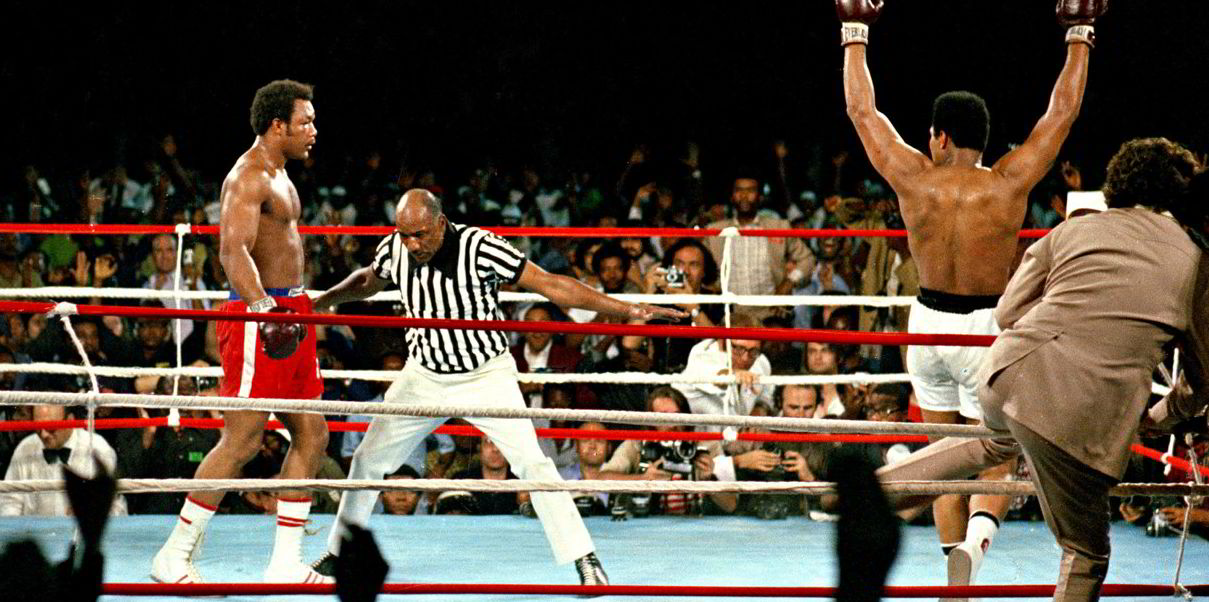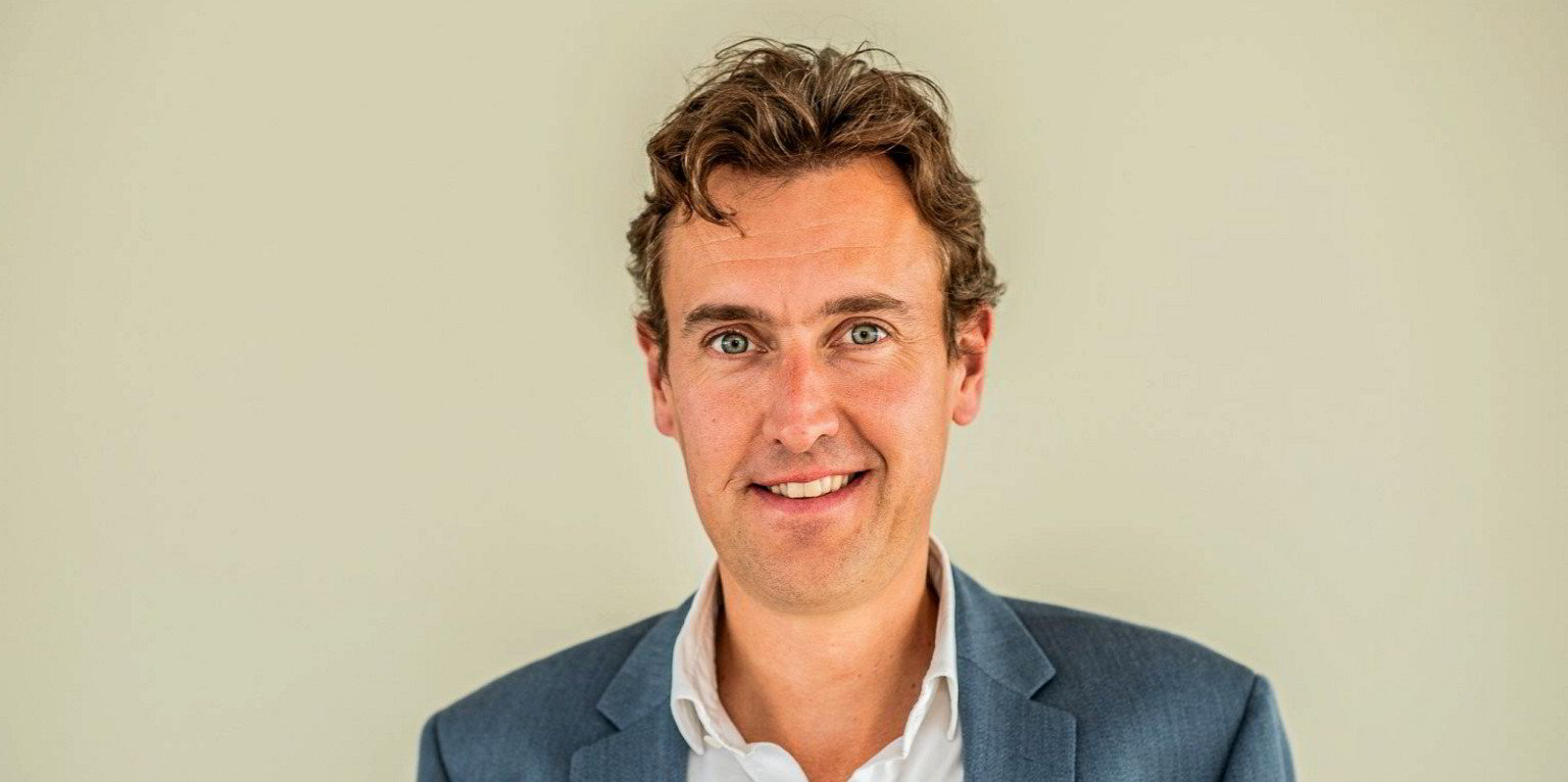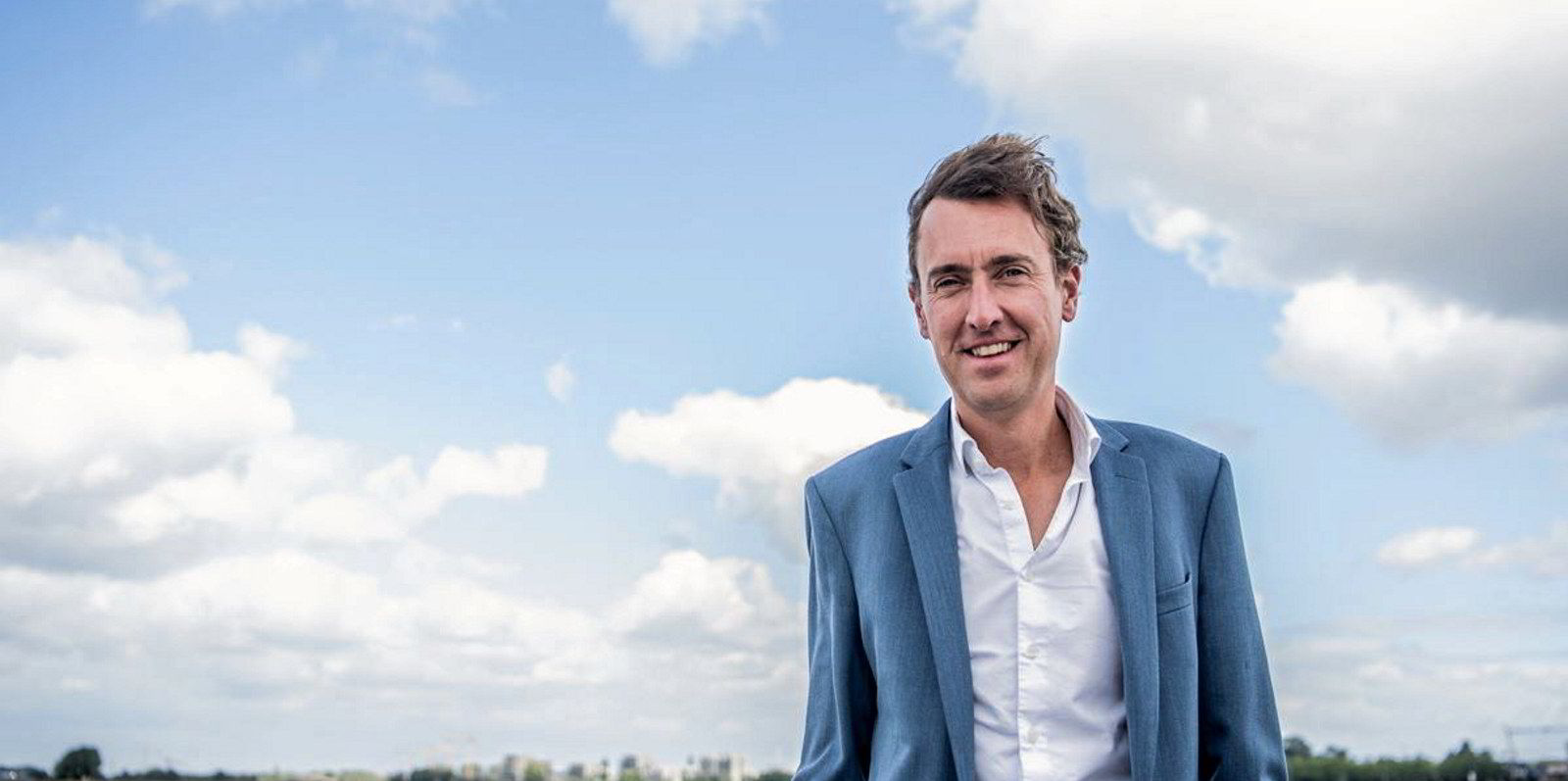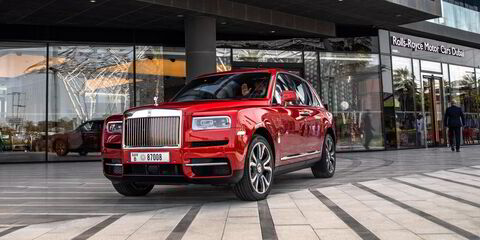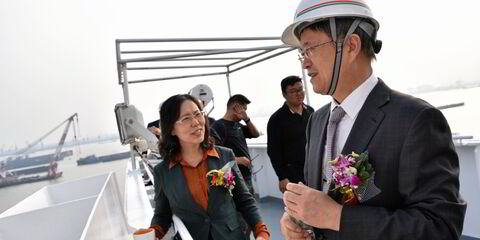Book a front-row seat, buy your popcorn and prepare for one of the most exciting gloves-off battles seen in shipping.
At the Euronav annual meeting on 19 May, there is in the red corner Norwegian heavyweight brawler John Fredriksen. In the green corner is the wily Belgian scrapper Marc Saverys — surrounded by his fit-looking sons.
There is no love lost between John and Marc, who will struggle to secure control of Euronav, where both have recently been increasing their shareholdings.
The Saverys family is offering what looks like a futuristic option built around the need for decarbonisation to beat the climate crisis, merging Euronav with its clean technology division, CMB.Tech.
Fredriksen is offering a more traditional financial deal by merging his Frontline tanker empire with that of Euronav.
Consolidation of two major players to make the world’s largest independent tanker operator worth over $4bn makes sense in a market that has been through troubled times.
There is scope for using that combined power in the market and there will be cost-cutting synergies at a time when many predict a significant uplift in future freight rates.
Incidentally, it’s unlikely there will be competition issues given the combined fleet is estimated to have less than 10% of the global big tanker market.
Fredriksen, 77, has a big reputation for getting what he wants and making money — albeit usually with considerable amounts of debt in his deals.
But the Saverys family has clout, reputation and its own history. It founded the Euronav business along with a string of other successful businesses and is still the biggest single investor.
Marc, 68, and his family are rallying shareholders in Belgium to oppose this “foreign” takeover, which came without prior warning, they claim.
The Euronav supervisory board supports the Frontline merger, which would involve current chief executive Hugo De Stoop heading up the combined entity.
The Saverys family wants to tie up its CMB.Tech with Euronav to phase out Euronav’s dirty tankers and put the money into hydrogen technology and ships.
This sounds good on paper but will it fly with hard-nosed financial investors who may prefer the quick winnings potentially offered by Fredriksen?
CMB group chief executive Alexander Saverys, who is spearheading the charge to put his own family members on the Euronav board, believes hydrogen is the new oil.
“To accelerate this energy transition, our industry needs to invest massively in green hydrogen production (= the chicken) and in a wide variety of hydrogen applications (= the egg(s).
“The only way we will be able to produce sufficient chickens and eggs is to pool the expertise of many maritime ‘farmers’ and join forces to co-develop, innovate, scale up and finance new projects,” he has written.
It’s intriguing to wonder if Marc buys into this clean technology strategy as much as Alexander does.
In its own defence, the Euronav supervisory board insists the combined group would continue to operate from Belgium. It also argues it would strengthen the board with an independent director as well as taking some of Fredriksen’s Hemen directors — and make remuneration more transparent.
Euronav argues it is already working along multiple paths to reduce CO2 emissions and sees ammonia as the most promising future fuel.
And it says this about decarbonising one company in the way the Saverys/CMB initiative suggests: “The progress towards lowering emissions in the shipping segment is not driven by the shipping companies alone and it will not be done overnight.
“The technical solutions (engines etc), fuel availability and infrastructure are required and many factors need to be in place in order for the global fleet to make a gradual transition towards lower emissions.”
Is this a cop-out? To always argue it is up to someone else? Conversely, is the Saverys family trying to build a low-carbon CMB.Tech business by using Euronav as a cash cow? Does selling off tankers just put them into the hands of another “dirty” owner?
My suspicion is Fredriksen will easily win the day as the independent shareholders will see Frontline as the one that offers the most benefit short term.
But you have to admire the Saverys’ bold, green though possibly longer-term value challenge which asks about tanker decarbonisation: if not now, when?(Copyright)
